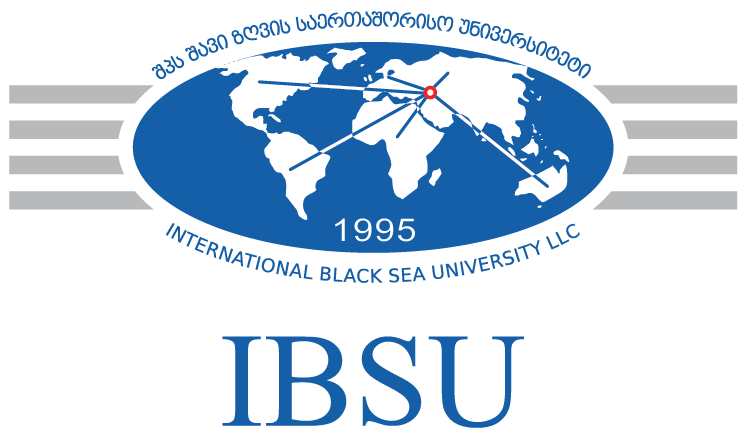News
- 05/10/2022
Quality Assurance Office met bachelor students of Tourism
The Head of Quality Assurance Office, Dr. Ketevan Nanobashvili and the Quality Assurance Manager, Dr. Tamar Karazanishvili had the meeting with the students of the bachelor educational program in Tourism. As Mrs. Ketevan Nanobashvili mentioned, such type of meetings will be organized systematically for each educational program and students, as students’ involvement is one of the important issue for the program development.
23 Georgian and English bachelor educational programs are functioning at the International Black Sea University.
